| Image via Wikipedia |
So the possibility of being kidnapped (or worse) was on our minds Sunday evening, November 13, as Luz Maria and I were attacked and robbed in the comfort of our own home. As I have written previously, in recent weeks we have been robbed of various items, most notably the water pump we bought for the well on our property. But this face-to-face confrontation was a first-time experience for both of us.
Well, it wasn´t exactly face to face, as our attacker was masked. Luz Maria had thought she heard something and got up to investigate, when suddenly he appeared, threatening us with the jagged edge of a broken whiskey bottle.
 It was at a moment when we had been
lulled into a false sense of security, and has gotten a little
careless about locking all our doors and gates. We had just gotten a
new watchdog (a purebred Dalmatian named Kyra). She has since proven
to be a wonderful dog, but we found out later that she had been
drugged that night, probably with some form of inhalant.
It was at a moment when we had been
lulled into a false sense of security, and has gotten a little
careless about locking all our doors and gates. We had just gotten a
new watchdog (a purebred Dalmatian named Kyra). She has since proven
to be a wonderful dog, but we found out later that she had been
drugged that night, probably with some form of inhalant.We were caught completely unprepared, although both of us later thought of many things that we could have done. All that I could think of was trying to grab our attacker´s wrist before he could harm Luz Maria with the broken glass. I am not sure what she was thinking, but she would not run out the back while I was trying to do this.
Finally we retreated into our bathroom where we were able to slam and lock the door. While I kept peeking through the keyhole and making some noise to keep the intruder distracted, Luz Maria climbed up to the roof and forced an opening in the fiberglass panels. Then she jumped from the roof onto some sponge rubber padding that we had stored outside, scaled the wall on the other side of the house, and ran across the street to where she could call the police.
The police arrived promptly, but still the thief managed to escape. We lost a cellular phone, a laptop computer and my Canon Digital Rebel camera, but that was all. However, we will have to revise our construction plans to take into account additional security measures.
It is tempting to try and explain this crime wave in terms of the social and political unrest in the country, continuing economic problems and so forth. However, no such theories are complete without considering the darkness of the human heart without the light of Christ.
I vividly remember traveling to Milwaukee, Wisconsin, in 1973 for the funeral of my cousin, David Hammes. My cousin had been 20 years old and a student at Concordia Teachers College in River Forest, Illinois (now it´s called Concordia University Chicago). He and Robert Erfourth, his roommate and fellow student, had surprised an intruder in their off-campus apartment. Apparently thinking they were dealing with an ordinary burglar, the two young men had allowed themselves to be tied up, at which point they were tortured and brutally killed with an axe.
Not all poverty-stricken people commit violent crimes, and sometimes horrifying acts may occur in the prosperous suburbs of Chicago as well as the slums of Caracas.
Perhaps it is fitting that the Sunday morning Scripture lessons for November 13 dealt with the Last Judgment. As St. Paul writes in 1 Thessalonians 5:1-11:
“Now concerning the times and the seasons, brothers, you have no need to have anything written to you. For you yourselves are fully aware that the day of the Lord will come like a thief in the night. While people are saying, "There is peace and security," then sudden destruction will come upon them as labor pains come upon a pregnant woman, and they will not escape. But you are not in darkness, brothers, for that day to surprise you like a thief. For you are all children of light, children of the day. We are not of the night or of the darkness. So then let us not sleep, as others do, but let us keep awake and be sober. For those who sleep, sleep at night, and those who get drunk, are drunk at night. But since we belong to the day, let us be sober, having put on the breastplate of faith and love, and for a helmet the hope of salvation. For God has not destined us for wrath, but to obtain salvation through our Lord Jesus Christ, who died for us so that whether we are awake or asleep we might live with him. Therefore encourage one another and build one another up, just as you are doing.”
Our experience illustrates the need to be constantly sober and alert, not only for the possibility of physical attack, but spiritual trials and temptations, and to be spiritually prepared for our last hour on earth, whether because of our own physical death or the world´s final end.


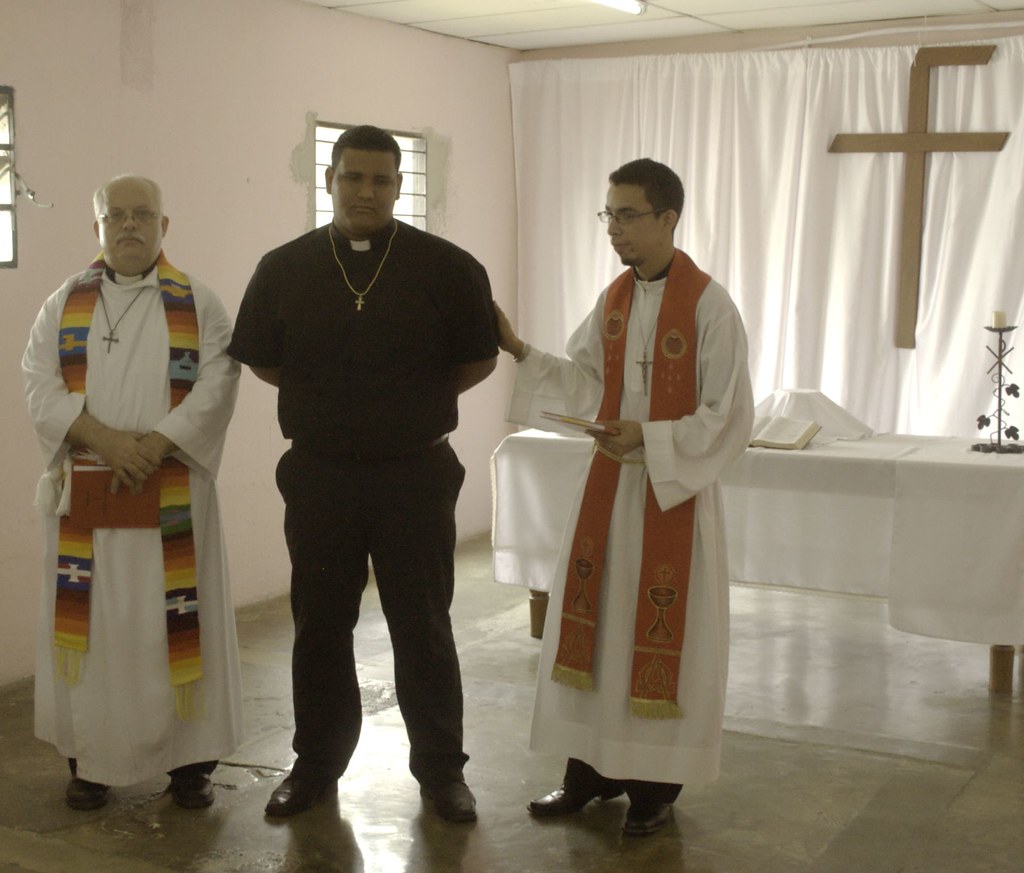
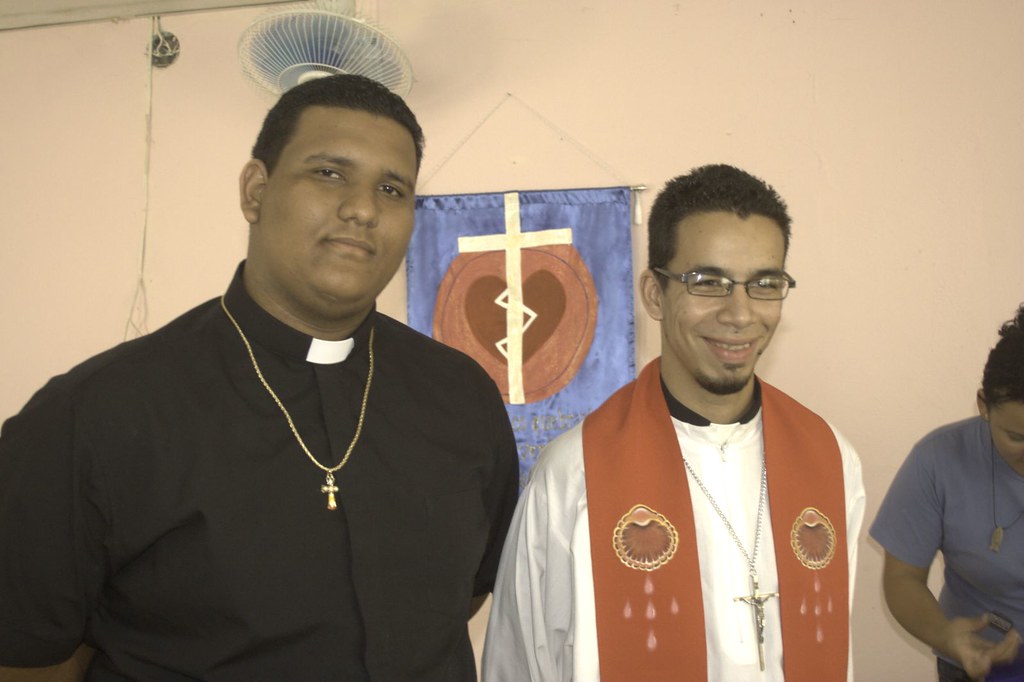




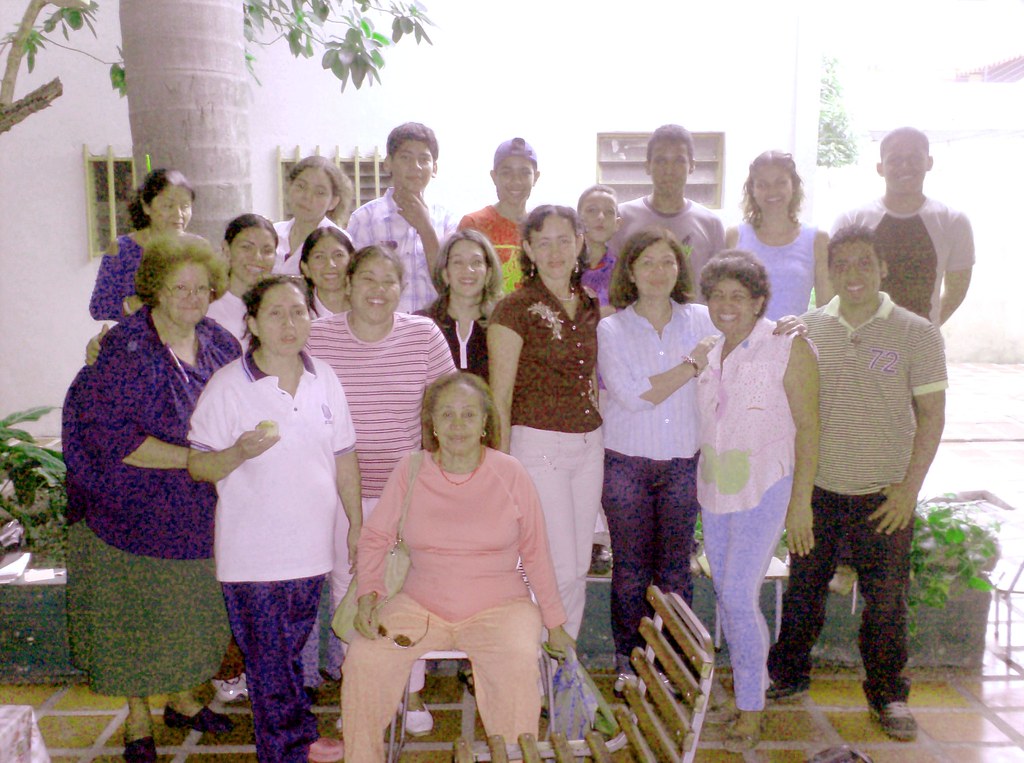
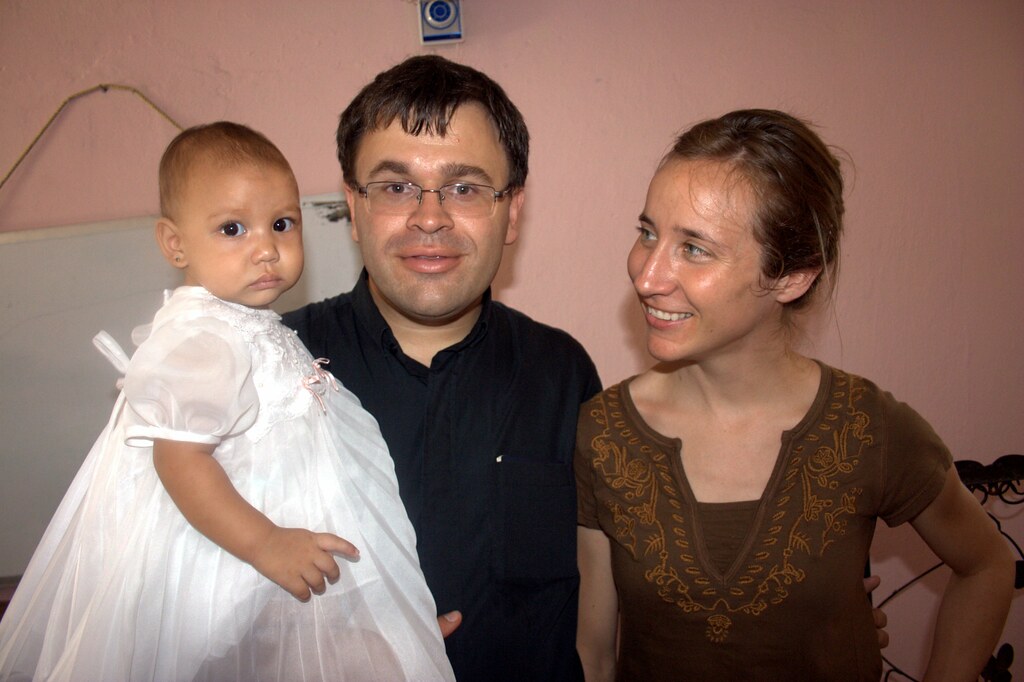
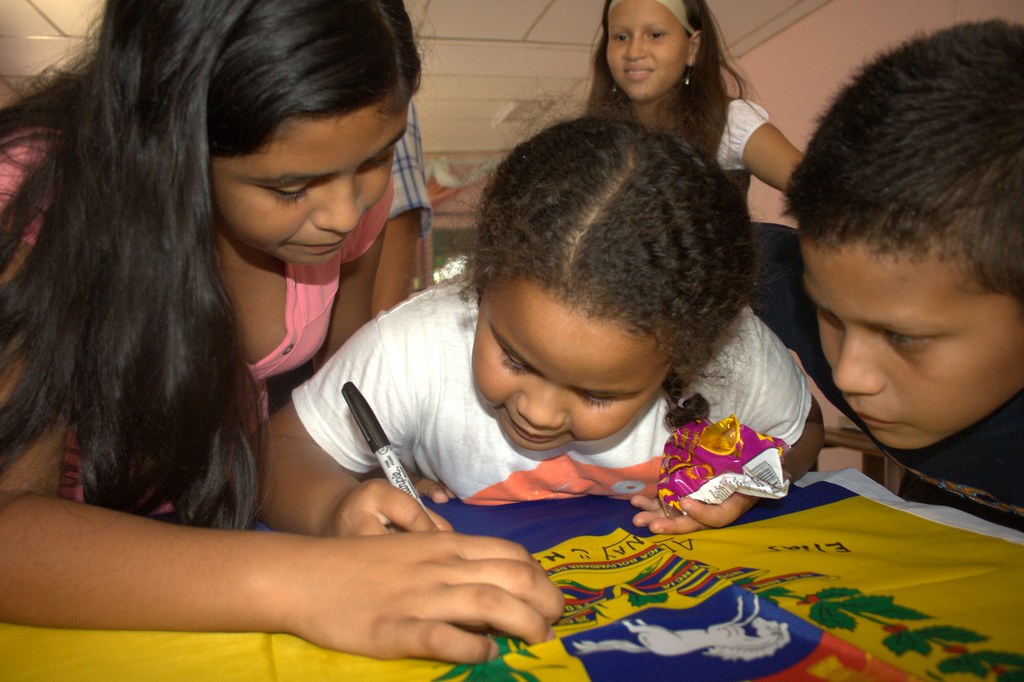
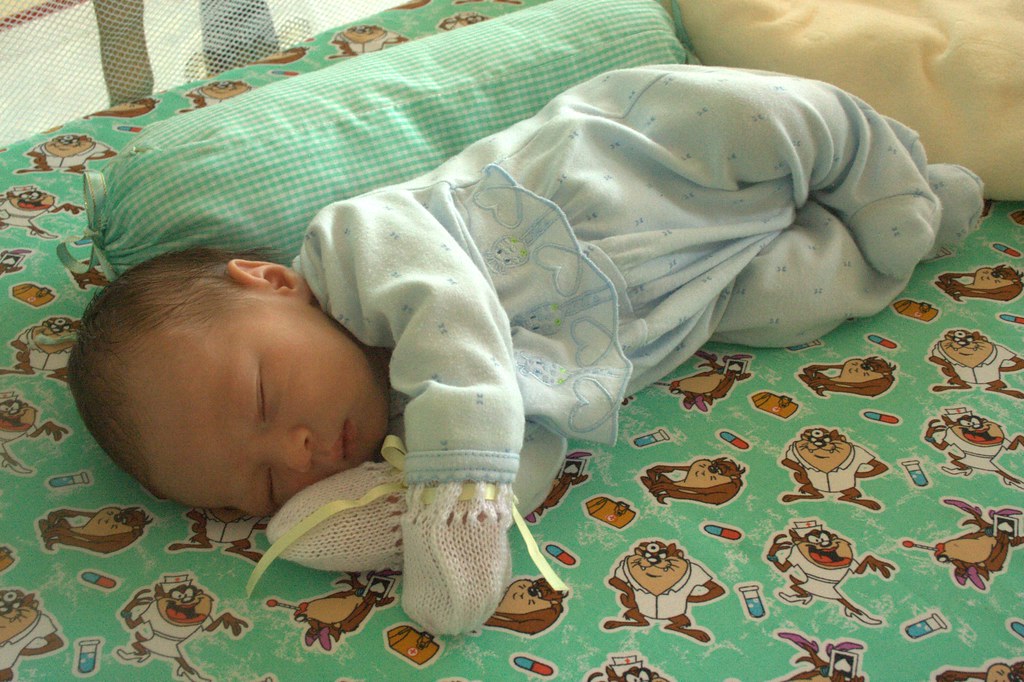
 "Behold, children are a heritage from the Lord,the fruit of the womb a reward."Psalm 127:3
"Behold, children are a heritage from the Lord,the fruit of the womb a reward."Psalm 127:3
 There is much room for discussion here, but I want to move on to my next point: Today conservative Protestants and Roman Catholics differ on the extent to which "family planning" methods should be used by married couples. There is no disagreement on abortion and the immorality of sexual relations outside of marriage.
There is much room for discussion here, but I want to move on to my next point: Today conservative Protestants and Roman Catholics differ on the extent to which "family planning" methods should be used by married couples. There is no disagreement on abortion and the immorality of sexual relations outside of marriage.